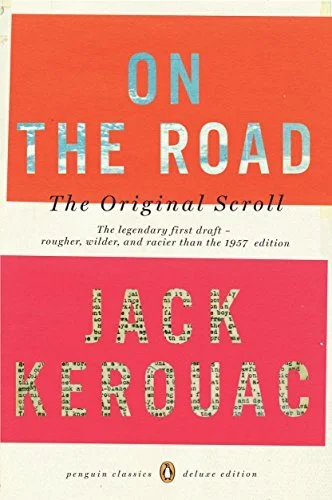The Brief Wondrous Life of Oscar Wao
So, I’m attempting to read more novels that have won Pulitzer Prizes because I like nice things. The Brief Wondrous Life of Oscar Wao won the 2008 Pulitzer Prize for Fiction. It recounts the life of (fictional character) Oscar De León within the context of his allegedly doomed family. He is an overweight Dominican with a die-hard proclivity for cultish science fiction and a self-destructive weakness for women.
His luck with the ladies is nonexistent— a stark deviation from the suave Dominican style exuding from his peers. He is trapped in a constant state of “in crush”, an unrequited infatuation with the opposite sex. At times, he accepts his unlayable fate and retreats into his own nerdy heaven. Occasionally, his failed lady-seeking endeavors derail his forced optimism, resulting in intense depressive episodes.
With his name in the title and all, I figured the book would be pretty much exclusively focused on Oscar. Instead, Junot Díaz gives us a generous taste of the lives of his family members as well. We learn about his older sister, Lola De León, and her difficulties finding her place in the world under the thumb of her abusive mother, Belicia. Once this perspective has been painted, we explore Belicia’s own tumultuous past marked by orphanage, rebellion, and her fair share of violence.
Díaz’s choice of narrative style is particularly inventive. The omniscient narrator is not even introduced as a character until 167 pages in, where you discover he is a huge douche, albeit an entertaining one. For instance, he says things like, “I had my job and the gym and my boys and my novia and of course I had my slutties” which reminds me of Don Jon a little too much (Díaz, 172).
Additionally, Díaz capitalizes on ample footnote space. He pulls a Jeffrey Eugenides Middlesex move (conveniently also a Pulitzer Prize winner) by planting fictional characters within a historically factual framework. As such, readers learn a great deal about Dominican culture and background. The narrator describes a relevant event or person and elaborates at the bottom of the page. But this is not your typical informative footnote—it’s knowledge couched in casual language. One footnote enlightens us-- “Balaguer is essential to the Dominican [tale], so therefore we must mention him, even though I’d rather piss in his face” (Díaz, 90). Balaguer, kind of an ass, duly noted.
Díaz does more than just blend fiction and nonfiction. He also mixes Spanish and English. His use of Spanish language is fairly extensive—more than I was prepared for. I fully recognize that this is cool and imaginative BUT admittedly, it was sometimes inconvenient. I’m not particularly keen on disrupting the narrative flow by consulting my Spanish dictionary every thirty seconds. Obviously, this would not be a problem for a multilingual reader or a reader with slightly more patience.
Keeping in mind the Spanglish as a complicated source of both frustration and intrigue, I give the novel 3 out of 5 flames. It was pleasurable and humorous to read at the time but I would not re-read it nor would I jump at recommending it. Game of Thrones is the extent of my sci-fi interest because dragons are tight and I appreciate the ruthless drama of not being afraid to kill off main characters (RIP like pretty much everyone); therefore, if you are more partial to this genre, you might be more into Oscar’s character.
On the other hand, I was pleasantly surprised by Oscar’s transformation from seemingly intransigent geek into a truly dynamic character, and I took pride in watching his personal growth. Last week, I saw this quote displayed in the National Portrait Gallery in D.C.: “Art ain’t about paint. It ain’t about canvas. It’s about ideas. Too many people died without ever getting their mind out to the world.” -Thornton Dial, Sr. 1993. Oscar’s ideas are unfairly stifled for so long because people cannot look past his eccentric character or Yoda voice. When he is finally free to express his feelings of love, he is able to get his mind out to the world, and that is a wonderful thing for the reader to witness. Of course, this takes a while to develop, but... "patience you must have my young padawan" (Star Wars: Episode III-Revenge of the Sith).
If you enjoyed this review, please consider purchasing this book from my Amazon Associates link: https://amzn.to/2G036Qa. The commissions I receive from your purchase help pay for the costs of running this website. Thanks for your support!


